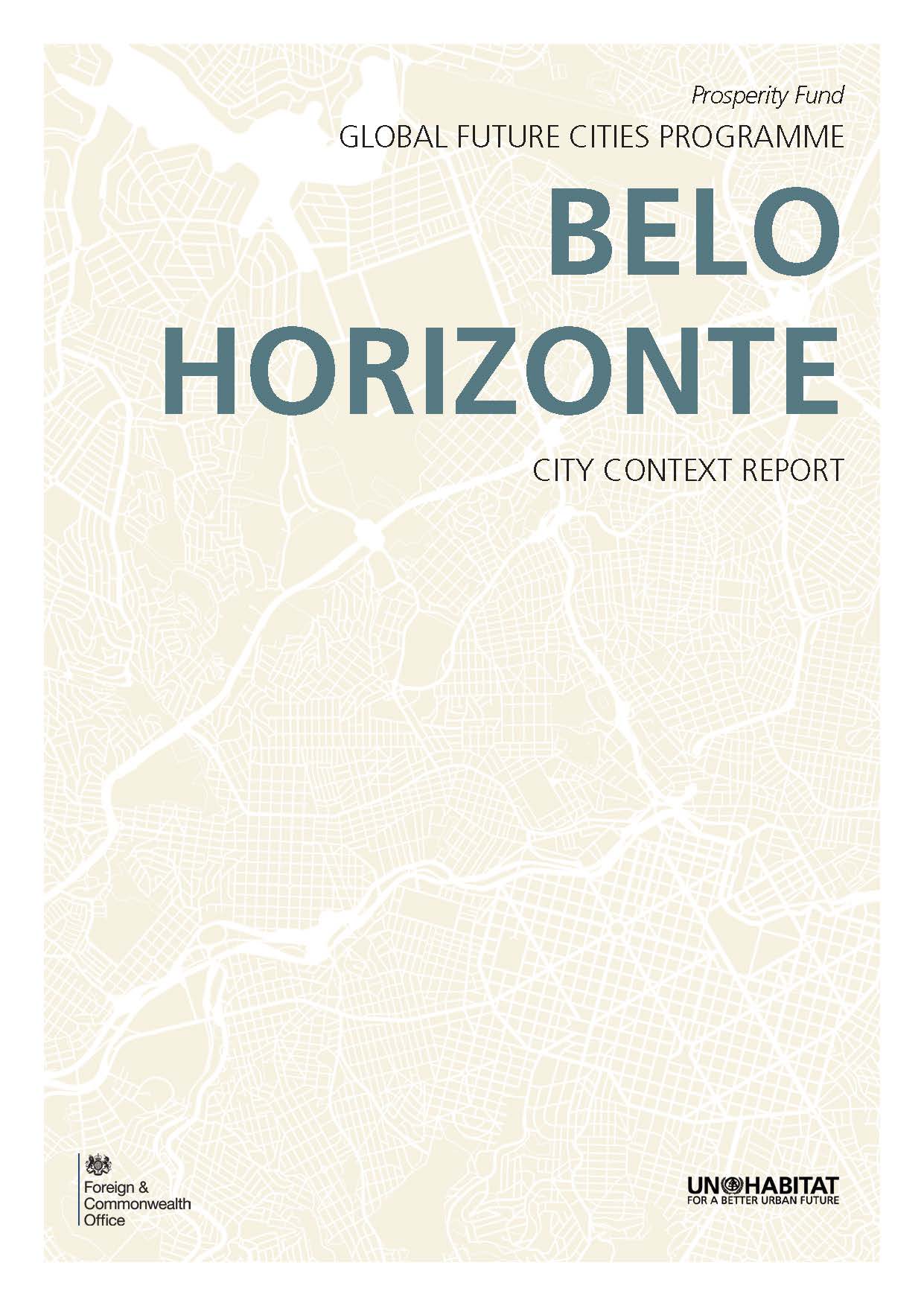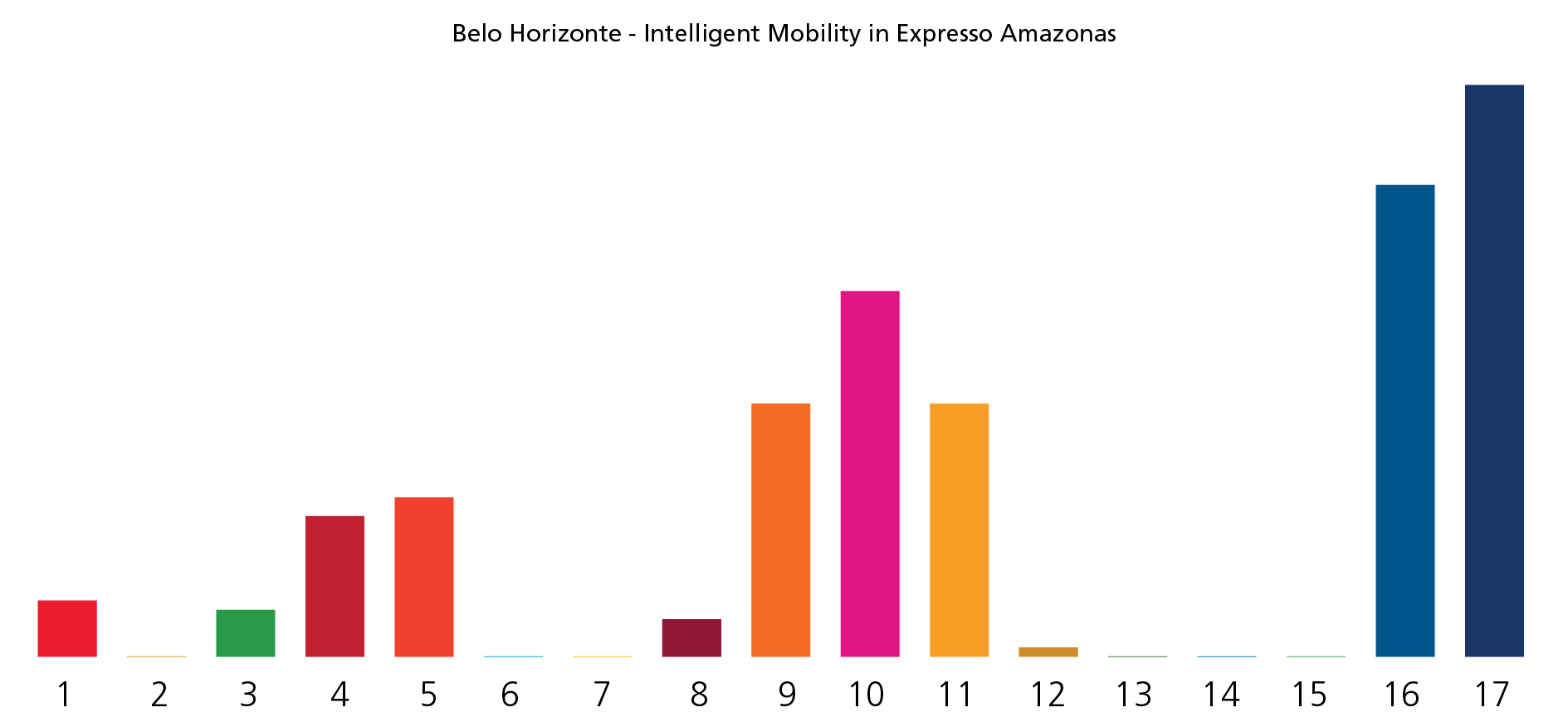Overview
Belo Horizonte is the sixth-largest city in Brazil and is embedded within the third-largest metropolitan area. It is in the state of Minas Gerais; that, together with the states of São Paulo and Rio de Janeiro, forms the richest and most urbanised area of the country, where 43 per cent of the national population lives. This area hosts one of the most developed transport infrastructure systems (highways, railways, airports and ports) of South America.
The metropolitan region of Belo Horizonte (RMBH), constituted of 34 municipalities, hosts more than five million people, and is growing steadily in population, at more than 1 per cent per year. More than 600,000 people live in the Metropolitan Belt of 16 municipalities. While most towns are small- or medium-sized, 69 per cent of the total population is concentrated in the municipalities of Betim (pop. 427,904), Contagem (pop. 652,660) and Belo Horizonte, which is the main city with a population of 2.36 million. Belo Horizonte is also the physical core of the region and the main destination and point of transit for any means of transportation. However, the State aims to develop a system to make the Metropolitan Region into a polycentric area and integrate the existing railways, railroads and metro lines for the integrated development of RMBH.
Urbanisation processes are leading to significant pressures on infrastructure, housing and basic services. Despite a good system of urban economy, governance, planning and delivery capabilities, current urbanisation trends could lead to wide-ranging detriments to many sectors, including food and water systems, human health, buildings, transport, energy and ecosystems.
Highlighted Publication

Belo Horizonte City Context Report
Download Document
Challenges
Projects
1 Intelligent Mobility in Expresso Amazonas
View DetailsThe intervention proposed under the scope of the Global Future Cities Programme is Intelligent Mobility in Expresso Amazonas (IMEA). The IMEA intends to take full advantage of technology and data to gain better insights into the realities of urban mobility. The main objective of the intervention is the implementation of an intelligent mobility solution that will enable the public transport agency (BHTRANS) to understand travel needs and patterns of public transport users in order to provide better service focussed on accessibility, gender sensitivity and inclusion.
Project Timeline
-
Charrette
August 2018 -
Validation Workshop
November 2018 -
MoU signing
-
Kick-off Meetings
March 2020 -
SDG Project Assessment Tool Tailoring Workshop
December 2020 -
First SDG Assessment Session
August 2020
SDG TOOL

